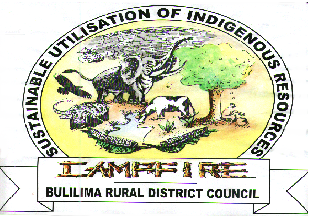
THERE is a clash over grazing land in Bulilima, Bambadzi ward, Matabeleland South as pastures dwindle due to the El Nino-induced drought.
Villagers told Southern Eye that council is refusing to allow their livestock to graze in the Maitengwe concession.
Former Bulilima Rural District Council (RDC) chairperson, Zoolacks Nyathi, said several efforts to engage council over the matter were fruitless.
“Villagers are not happy about the treatment they are getting from council due to the drought situation since it was agreed that during the drought situation, our livestock would be moved into the concession,” Nyathi said.
He expressed fear that some villagers may lose their livestock to drought.
Bulilima RDC chief executive officer, Billiat Mlauzi, however, said council advised villagers that their livestock will be moved gradually to the Maitengwe concession.
“Several meetings were convened by council with livestock farmers and chiefs and agreed that livestock in areas closer to Hwange National Park be moved gradually into the Maitengwe portions when there is no more grass in areas surrounding the Maitengwe Dam," Mlauzi said.
“Council is quite aware that the season is bad in terms of availability of grazing land hence the need to have a systematic way of grazing livestock in marked zones instead of letting them graze all over the place.”
Reports indicate that cattle in the region and some parts of the country are dying due to lack of pastures.
In April this year, the USAid’s Famine Early Warning Systems Network report warned that at least 1,4 million heads of cattle may die due to drought conditions.
Mlauzi said the the Maitengwe concession area was not only meant to benefit the livestock farmers but other community members as well.
“Council receives complaints from livestock farmers who want to graze their livestock everywhere disregarding the agreements made with the community in general and in their presence,” he said.
“In a general community meeting it was agreed that the livestock grazing areas and wildlife zone demarcations be respected but some people decided to ignore them.”
"Council then fails to understand the motive behind this.”






